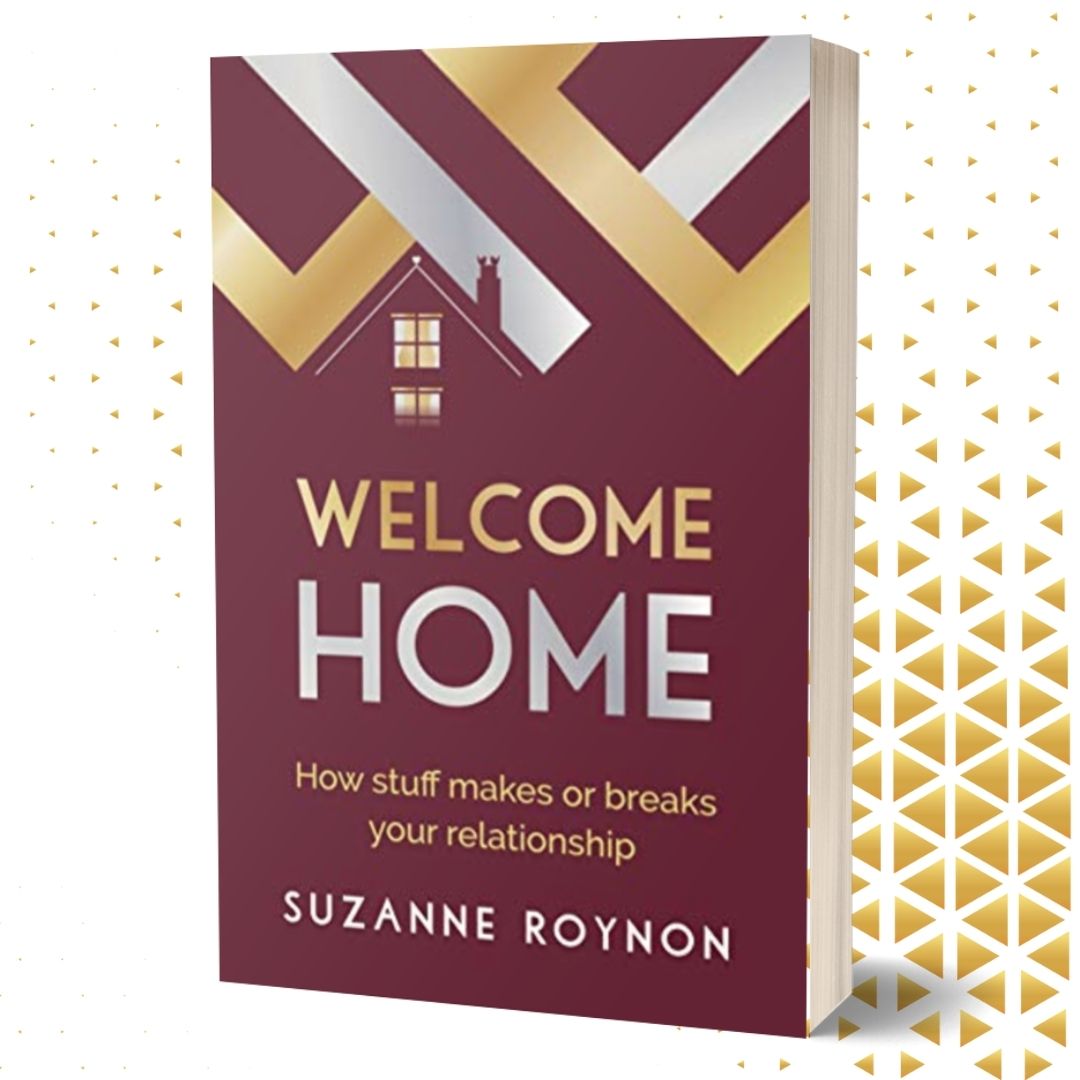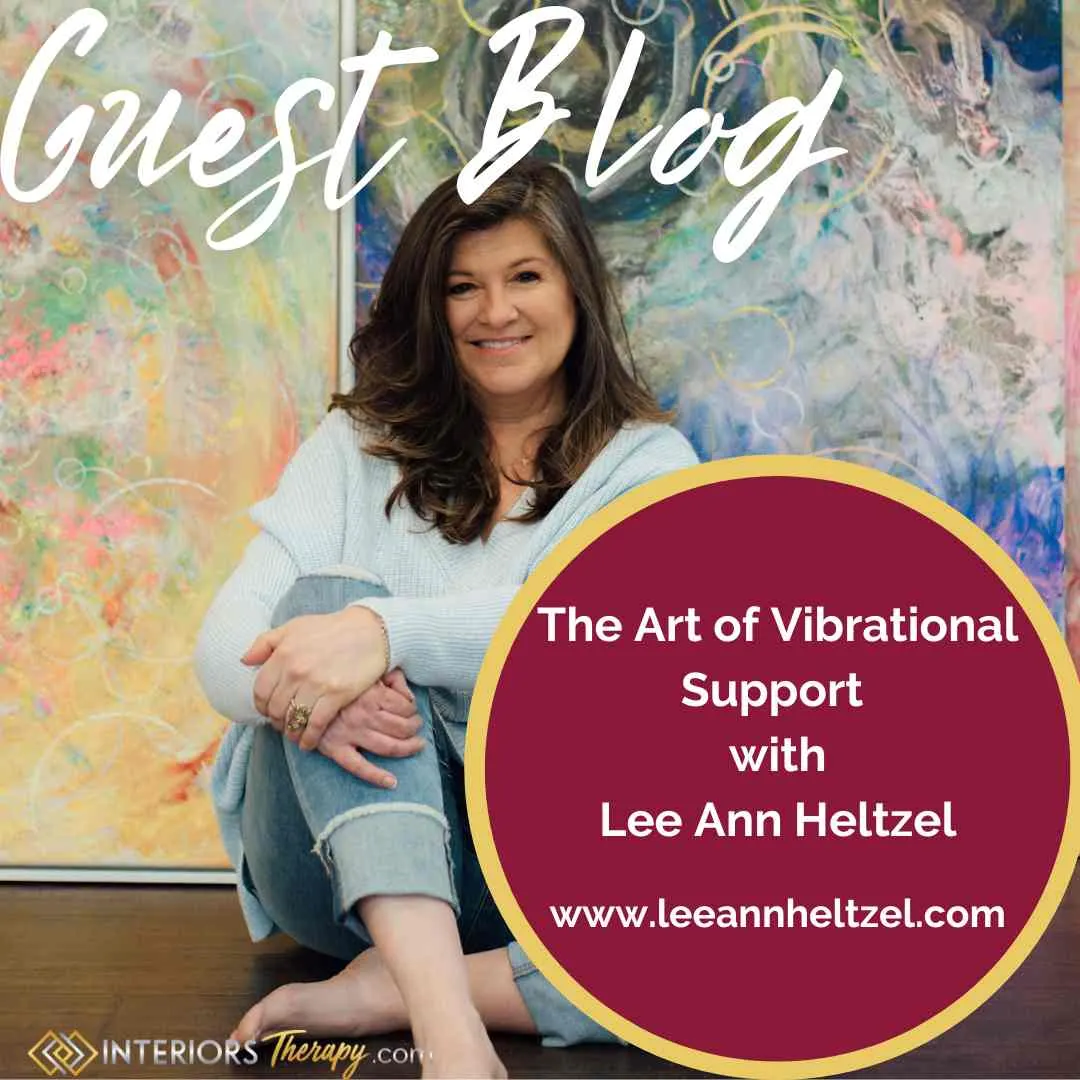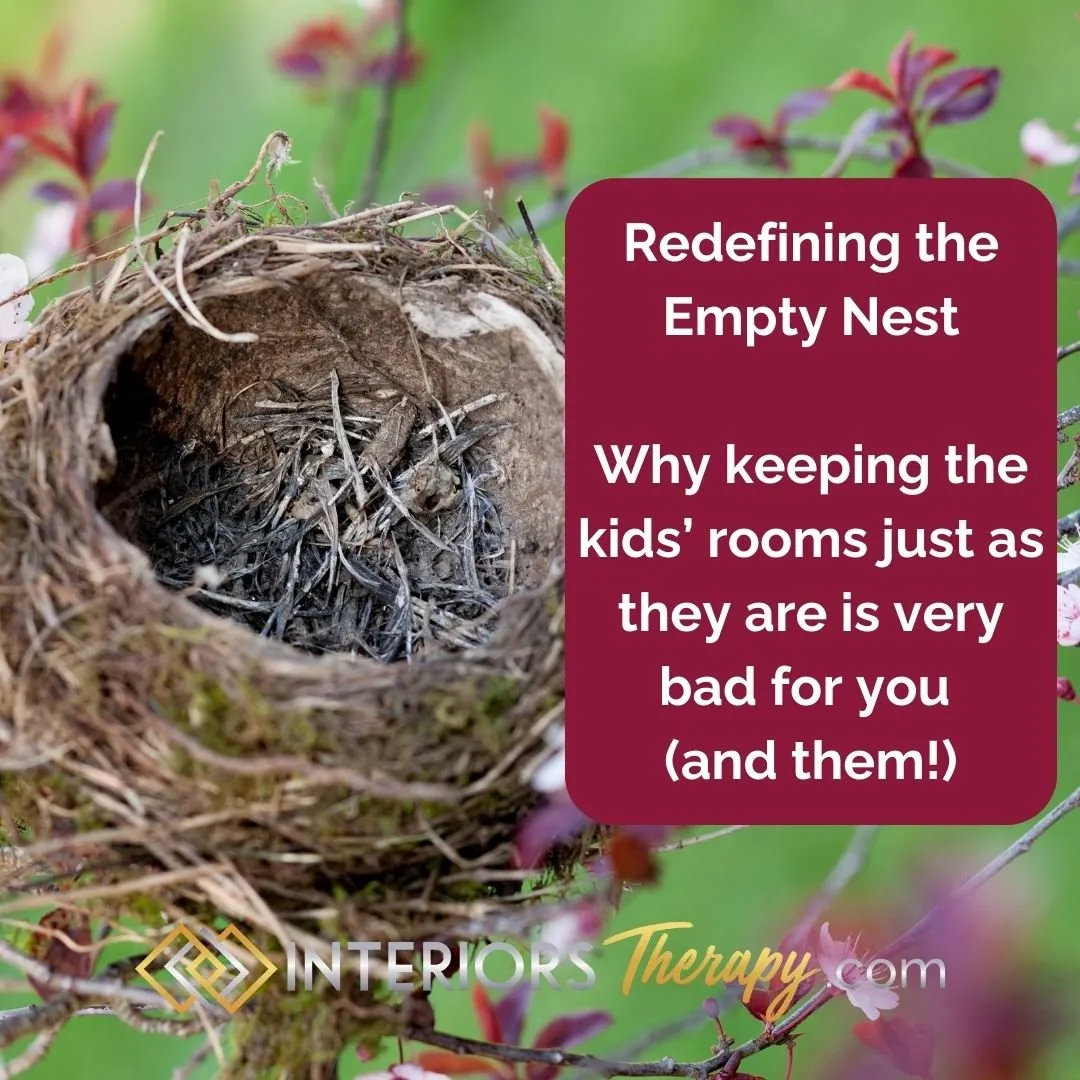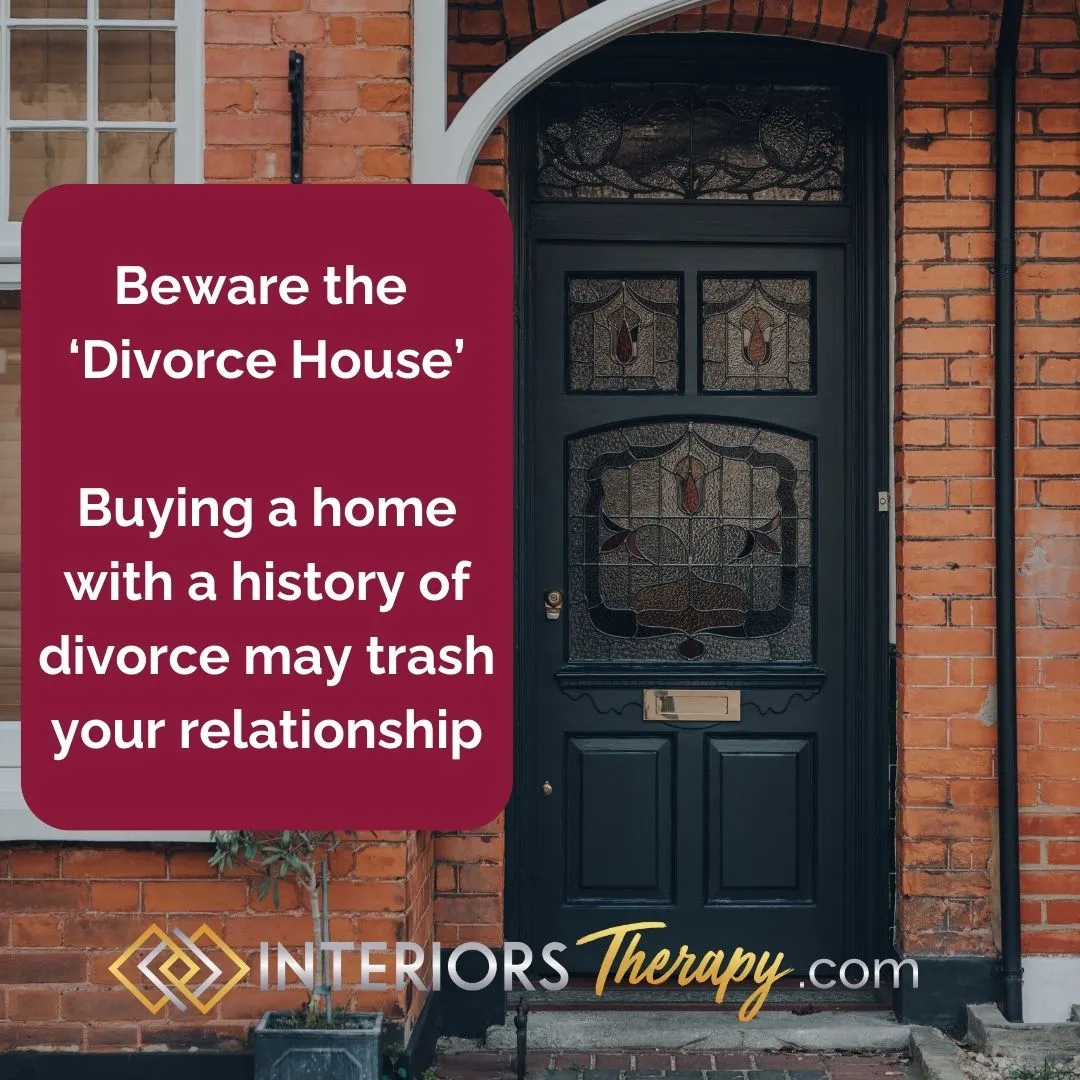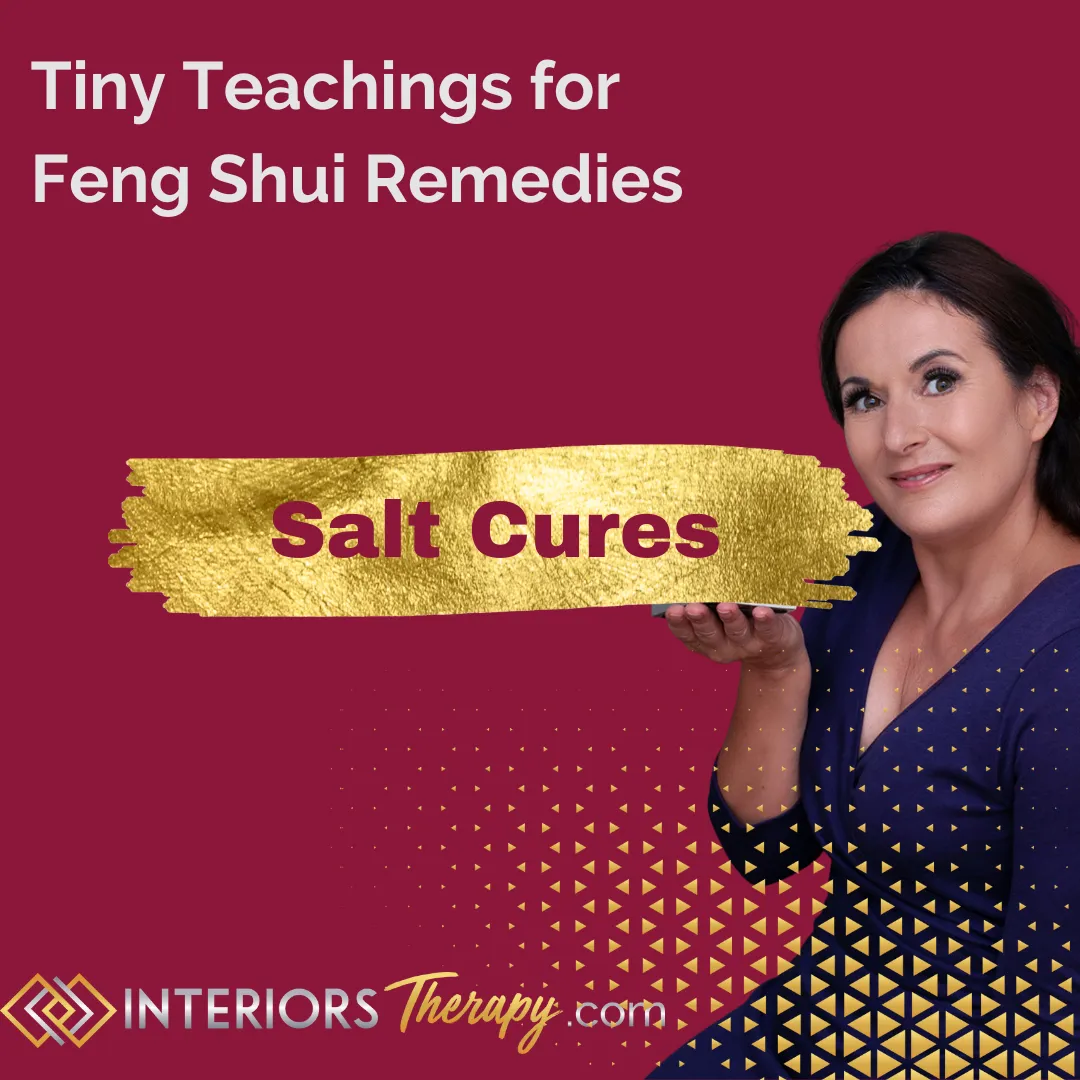What we leave behind
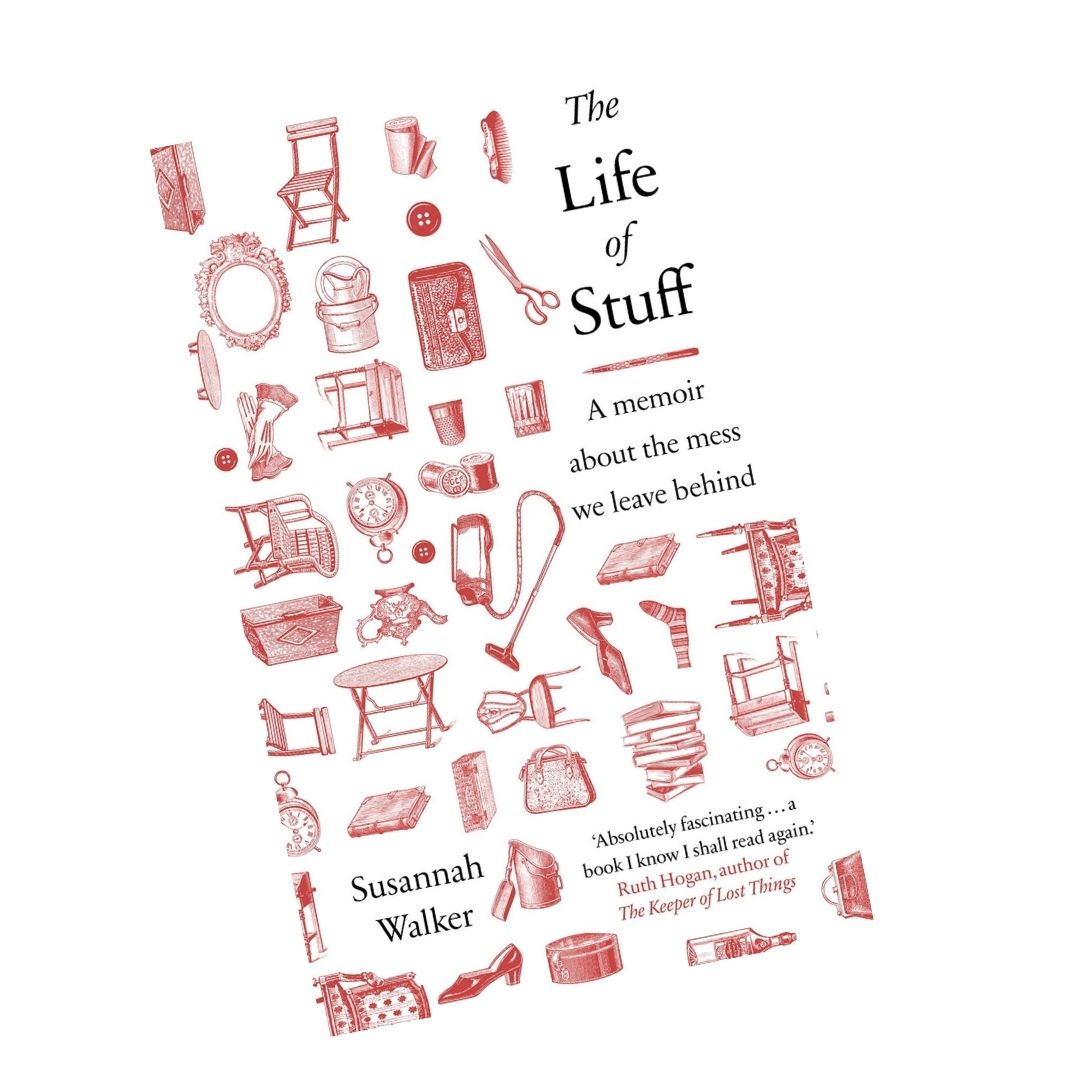
I’ve just finished reading ‘The Life of Stuff’ by Susannah Walker. It’s subtitled ‘A memoir about the mess we leave behind’.
To be honest it’s not the type of book I generally read. This is a hard look at the impact of surrounding ourselves with stuff, not just on us, but on the people who share our lives while we are alive and those we leave behind after we’ve shuttled off the mortal coil.
The book reflects on the life of Susannah’s mother who had come from a family where patterns of divorce, depression and infant death repeated generation after generation. Susannah’s mother fell victim to the family pattern and as she grew older became a hoarder.
She may have had Diogenes syndrome, also known as ‘senile squalor syndrome’. This disorder causes extreme domestic squalor and can result in self neglect, social withdrawal, apathy and compulsive hoarding.
After Susannah’s mother died quite suddenly, she discovered her mother’s house had become structurally unsound, filthy and dilapidated because the hoard had made it impossible to clean and maintain. It was dangerous and far from the treasured home her mother had purchased years earlier.
It’s a tough read and I found myself noticeably tense as I digested it. Somehow I couldn’t put the book down but I can tell you I was abundantly relieved to finish it.
‘The Life of Stuff’ made me think about the amazing people I work with to clear the clutter from their homes and their lives. None have developed anything approaching hoarding, but many are attached to ‘stuff’ owned by previous generations of their family or former partners for a whole variety of reasons.
Hanging onto something just because it belonged to a loved one will not keep them alive or in your heart or your memory– they are there already. However, seeing the item and having its energy in your home is, on balance of probability, more likely to remind you of their absence and therefore generate conscious and subconscious feelings of loss or lack, which aside from making you feel sad, can create dissatisfaction in other areas of your life.
In addition, the item itself may have absorbed negative or unhealthy energy from its previous owner. This is particularly relevant if the owner was unhappy or ill, struggled financially or experienced difficult relationships. Those energies are not going to be helpful and could be damaging to you and the people you share your home with.
This excerpt at the end of Susannah Walker’s book seemed to sum this up for me; “I had found my mother but not where I had been seeking her. I could never truly get close to her from the possessions she had left behind, instead she had come to me in the form of her sadness which now lived on inside me….. it might at last be time to move on.”
Are you attached to inherited items which create a negative emotion when you look at or think of them? How are they serving you? Take time to consider whether they have a place in your life here now and in the future.
Would you rescue it in an emergency? Often the answer is “no”. If you feel almost but not quite ready to part with something, put it out of sight for a month. After four weeks you will probably feel able to donate or dispose of its and clear a sparkling new place in your home.
